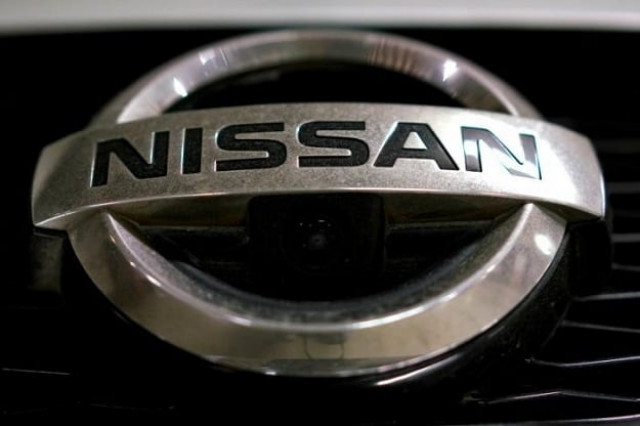Nissan investigates claims against CEO
Letter claims CEO carried out surveillance of his deputy

Nissan has launched an investigation into claims by a senior adviser that CEO Makoto Uchida carried out surveillance of his deputy Ashwani Gupta, four people with direct knowledge of the matter said.
The surveillance claims, first reported by the Financial Times, were made by Hari Nada, 58, a senior adviser at Nissan, in a letter dated April 19 to the independent directors on the Japanese automaker’s board.
Reuters, which has reviewed the letter, is the first to disclose its specific details. They relate to the surveillance claims, a stark split in senior management over Nissan’s relationship with Renault and concerns about transfers of intellectual property to the French carmaker.
In the letter, Nada said Uchida carried out surveillance over a long period. Nada said it was an effort to acquire leverage to remove an executive and board member the Nissan CEO regarded as an obstacle to reaching a new deal with alliance partner Renault.
Gupta, appointed chief operating officer in 2019, had questioned the terms of the revised agreement Uchida is looking to finalise with Renault, according to Nada’s letter and the four people with knowledge of the matter.
Asked to comment on the surveillance investigation, Nissan said in response to Reuters: “Independent third parties have been retained to verify facts and carry out appropriate actions.”
Nissan declined any further comment for this story.
Reuters was unable to determine who was conducting the investigation for Nissan. It started in late May, one person with direct knowledge of the matter said.
Nada did not detail in the letter how he knew of the alleged surveillance of Gupta. Reuters was unable to confirm independently that any surveillance took place.
Under Japanese law, a company can monitor communications on corporate phones and computers and investigate an employee’s conduct outside work in protecting its business interests, said Akira Takeuchi, a lawyer and certified fraud examiner in Tokyo.
“In other cases, actions outside the company could be considered private and investigation there could be viewed as excessive,” he said, emphasising that he was speaking in general and not about Nissan.
Published in The Express Tribune, June 25th, 2023.
Like Business on Facebook, follow @TribuneBiz on Twitter to stay informed and join in the conversation.



















COMMENTS
Comments are moderated and generally will be posted if they are on-topic and not abusive.
For more information, please see our Comments FAQ